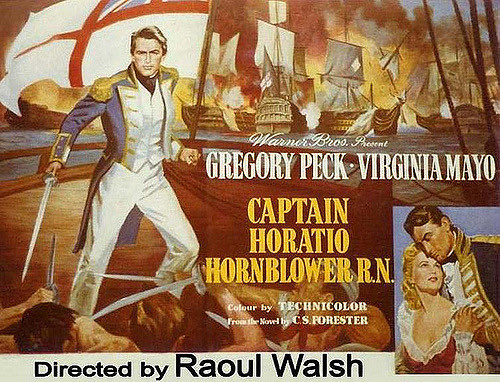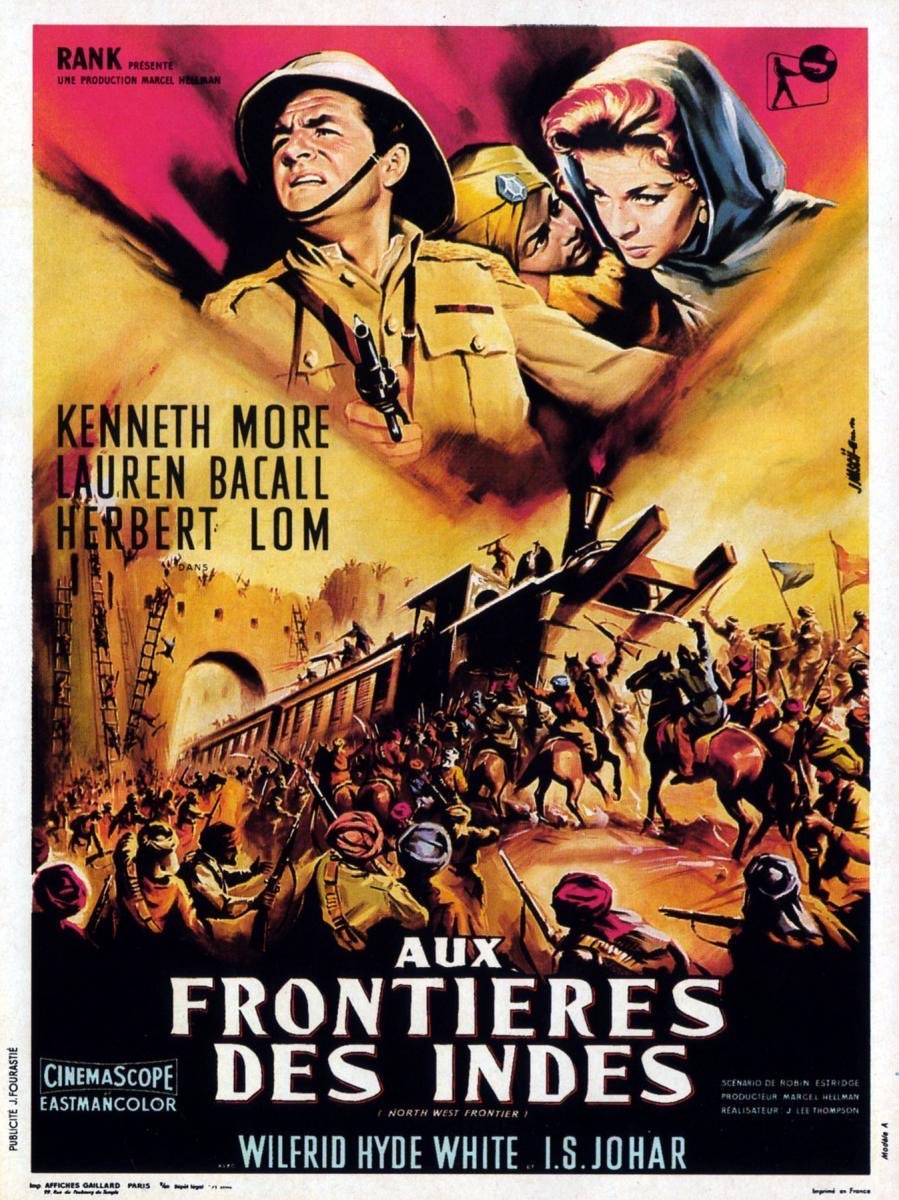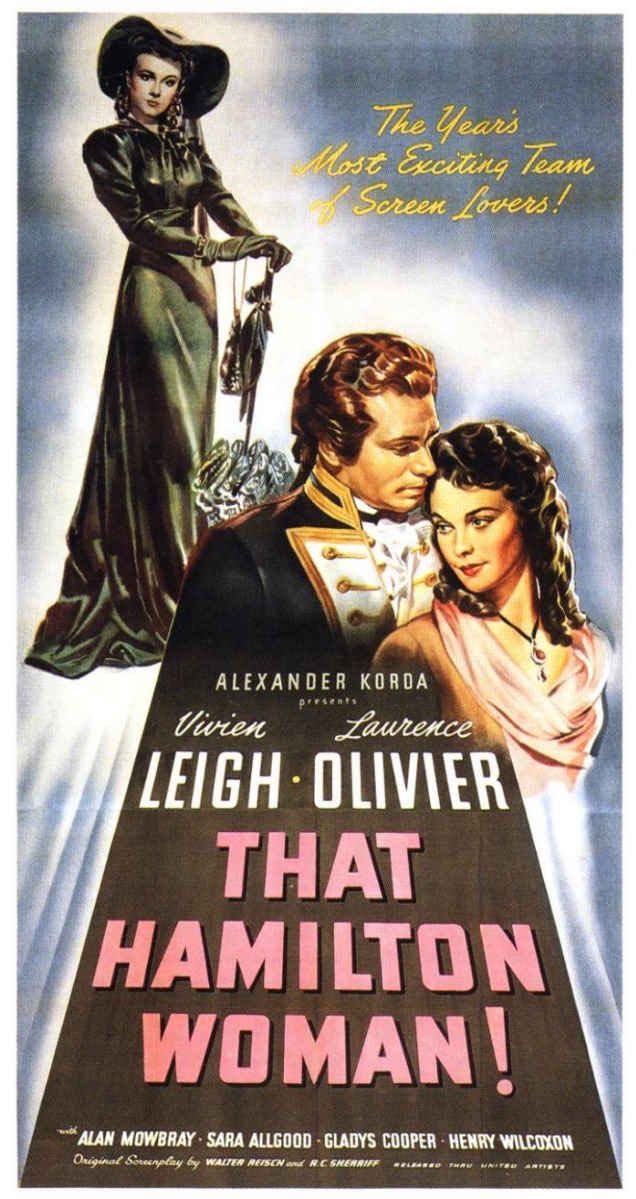
In honour of Commonwealth Day, here are the top 20 most rousing and heroic British Empire films ever made. Watch these one a day, make it an empire month. 

Let’s end like we began, on a high note. This movie was made as a “love letter” to the British Empire:
22)
The Sun Never Sets (1939)
22)
The Sun Never Sets (1939)

Available for rent at Amazon. Also online video sources.
Available for rent at Amazon and YouTube. Also online video sources.
Online: dailymotion.com/video/x7uookf
Available for rent at Amazon. Also online video sources.
Online: archive.org/details/7.8-9.…
Online: ok.ru/video/11302001…
High definition versions available for rent.
Online version:
Online version:
Available for rent. Online versions also available.
Online:
Online:
Online: ok.ru/video/11674786…
Online:
Online: ok.ru/video/28516928…
Sources:
Available for rent on YouTube and Amazon.
Available for rent on YouTube and Amazon.
Online: archive.org/details/Darlin…
Online:
Online:
Online:
Online: dailymotion.com/video/x5hduir
Online: archive.org/details/sun.-n…
Every movie has attached video sources. Please check.
• • •
Missing some Tweet in this thread? You can try to
force a refresh





























